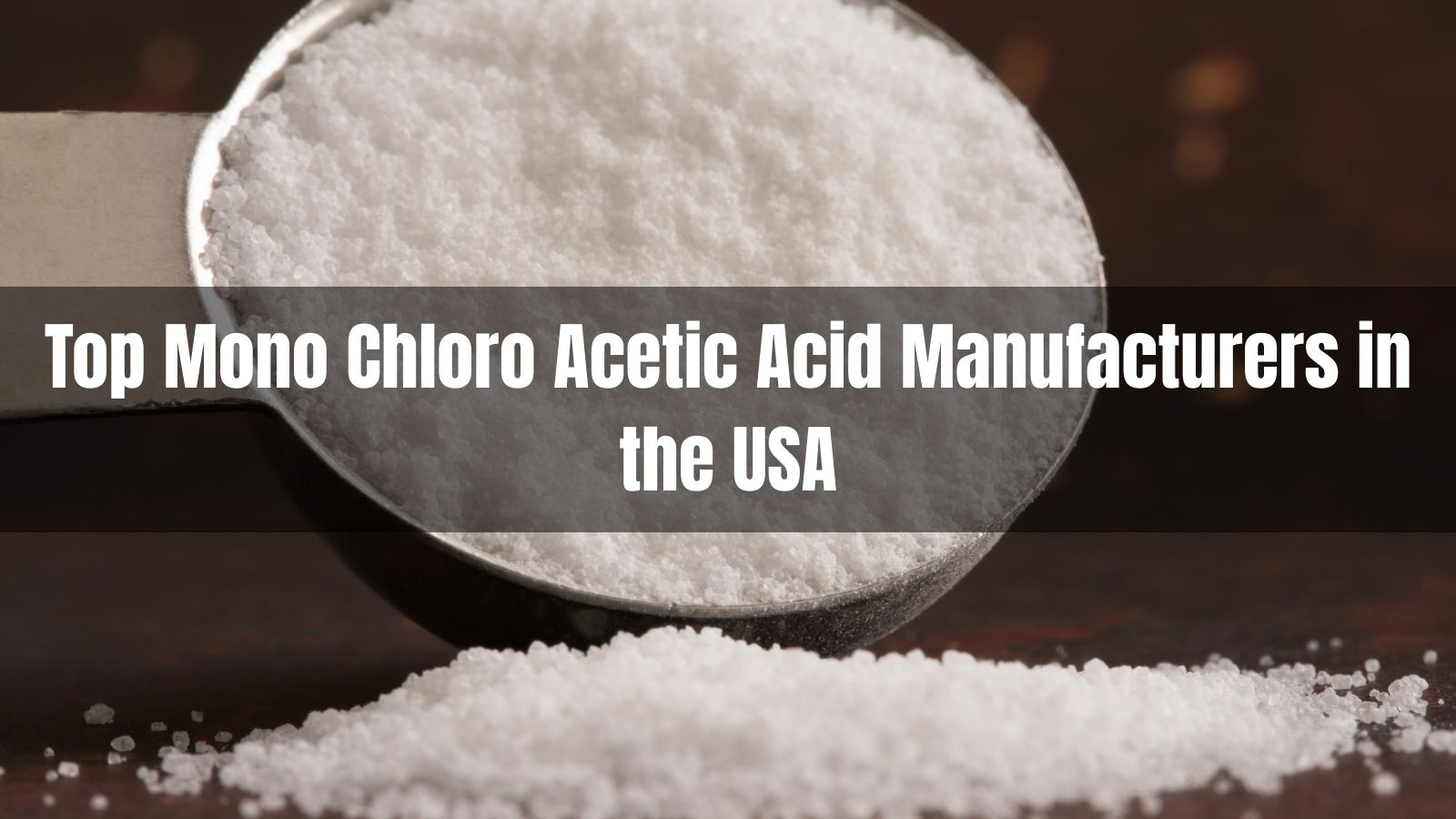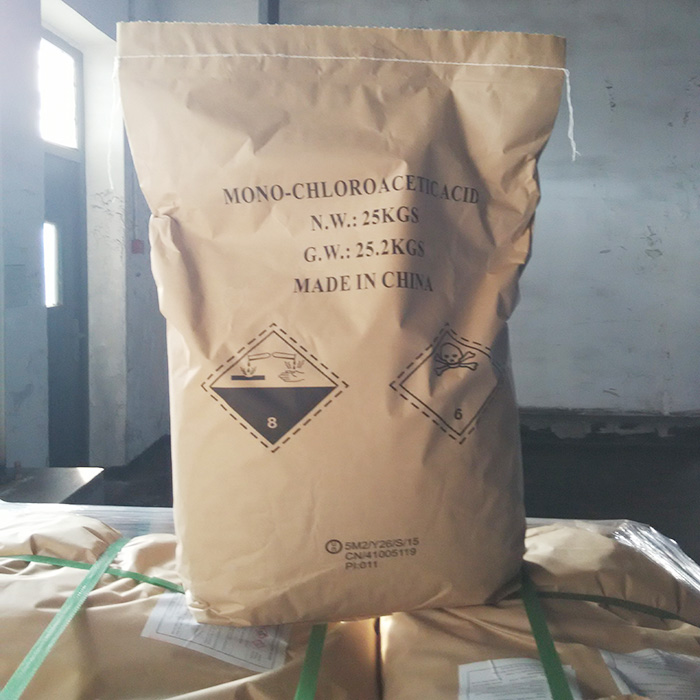
Sulfocarbamide, commonly known as thiourea, is a powerhouse chemical driving efficiency and innovation across industries. From textile dyeing to pharmaceutical synthesis, this versatile organosulfur compound plays a critical role in modern manufacturing. But what exactly is sulfocarbamide, and why is it so valuable in industrial processes? In this article, we explore its chemical properties, key applications, and the benefits that make it indispensable for businesses in textiles, rubber, mining, and beyond. Whether you're a manufacturer seeking reliable chemical solutions or a professional curious about thiourea's industrial uses, this guide has you covered.
Sulfocarbamide, also known as thiourea (chemical formula CH₄N₂S), is an organosulfur compound structurally similar to urea, but with a sulfur atom replacing the oxygen. This small change gives thiourea unique chemical properties, making it a highly effective reducing agent in various industrial applications. With a molecular weight of 76.12 g/mol, thiourea appears as colorless, odorless crystals that are highly soluble in water (13.6 g/100 mL at 20°C) and have a melting point of 170–176°C.
Its reactivity stems from the carbon-sulfur double bond (C=S), which exists in equilibrium between thione and thiol tautomeric forms, with the thione form being predominant in aqueous solutions. This chemical versatility allows sulfocarbamide to serve industries ranging from textiles to pharmaceuticals, offering both efficiency and cost-effectiveness.
Sulfocarbamide’s ability to act as a reducing agent, stabilizer, or precursor makes it a staple in industrial processes. Its affordability and adaptability enable businesses to streamline operations, reduce costs, and meet sustainability goals. Whether you're dyeing fabrics or extracting metals, thiourea delivers reliable results, making it a go-to chemical for manufacturers worldwide.
Sulfocarbamide’s versatility shines in its wide range of applications across multiple sectors. Below, we dive into its primary industrial uses, highlighting how it drives efficiency and quality.
In the textile industry, sulfocarbamide is a critical reducing agent in vat dyeing and printing processes. Vat dyes, known for their vibrant and long-lasting colors, require a reducing agent to make them water-soluble for application. Thiourea reduces these dyes, ensuring even color distribution and penetration into fibers. This is especially important for delicate fabrics like cotton and silk, where maintaining fiber integrity is crucial.
Benefits:
Ensures consistent, vibrant colors.
Protects delicate fibers from damage during dyeing.
Enhances dyeing efficiency, reducing processing time.
By optimizing dye uptake, sulfocarbamide helps textile manufacturers produce high-quality fabrics while minimizing waste, making it a cornerstone of modern textile production.
In rubber manufacturing, thiourea serves as a vulcanization accelerator, speeding up the process of cross-linking rubber molecules to enhance durability and elasticity. Vulcanization transforms raw rubber into resilient materials used in tires, belts, and industrial components. Sulfocarbamide’s role in this process ensures faster production cycles and superior product quality.
Benefits:
Accelerates vulcanization, reducing production time.
Improves rubber strength and elasticity.
Cost-effective for large-scale rubber manufacturing.
For rubber producers, thiourea is a key ingredient in meeting the demand for high-performance materials in automotive and industrial applications.
In the mining industry, sulfocarbamide is used as a flotation agent to separate valuable metal minerals from ores. By selectively binding to metal surfaces, thiourea enhances the efficiency of froth flotation, a process that isolates minerals like copper, gold, and silver. It is also a safer alternative to cyanide in gold and silver leaching, reducing environmental risks.
Benefits:
Increases mineral recovery rates.
Cost-effective for large-scale mining operations.
Offers an eco-friendly alternative to toxic leaching agents.
Mining companies rely on thiourea to boost yields while adhering to stricter environmental regulations, making it a valuable tool in sustainable resource extraction.
Sulfocarbamide plays a vital role in electroplating, where it is used to improve the quality of metal surface treatments. As a complexing agent and corrosion inhibitor, thiourea ensures smooth, durable metal coatings for applications in electronics, automotive parts, and decorative finishes.
Benefits:
Enhances metal finish quality and durability.
Reduces corrosion, extending component lifespan.
Cost-effective for high-volume electroplating processes.
For industries requiring precision metalwork, thiourea delivers reliable results that meet stringent quality standards.
In pharmaceuticals, sulfocarbamide is a key precursor in the synthesis of drugs such as sulfathiazoles, methionine, and cephalosporins. Its ability to form stable intermediates makes it essential for producing high-purity pharmaceutical compounds. With increasing demand for these medications, thiourea’s role in drug manufacturing is more critical than ever.
Benefits:
Enables the production of essential medications.
Supports high-purity synthesis for pharmaceutical-grade products.
Versatile for a range of drug formulations.
Pharmaceutical manufacturers value thiourea for its reliability and compliance with Good Manufacturing Practices (GMP).
Sulfocarbamide is used in the photography industry as a developer and toner for diazo-sensitive and photocopy paper. Its reducing properties help create sharp, high-quality images, making it a staple in traditional photography and paper production.
Benefits:
Improves image clarity and quality.
Cost-effective for large-scale paper production.
Reliable for consistent results in imaging applications.
Though digital photography has reduced demand, thiourea remains relevant in niche markets for specialized paper products.
In agriculture, thiourea serves as a germination accelerator and fertilizer component. By stimulating seed germination and enhancing nutrient uptake, sulfocarbamide supports higher crop yields and sustainable farming practices.
Benefits:
Boosts germination rates for faster crop growth.
Enhances soil fertility when used in fertilizers.
Supports eco-friendly agricultural practices.
Farmers and agribusinesses use thiourea to improve productivity while aligning with sustainability goals.
Sulfocarbamide’s widespread use is driven by its numerous benefits, making it a preferred choice for manufacturers across industries:
Cost-Effectiveness: Compared to other reducing agents or chemical precursors, thiourea is affordable, enabling cost savings in bulk industrial applications.
Versatility: Its ability to function as a reducing agent, stabilizer, or precursor makes it adaptable to diverse processes, from dyeing to drug synthesis.
Efficiency: Thiourea streamlines processes like dyeing, vulcanization, and mineral flotation, reducing production time and resource use.
Sustainability: In applications like gold leaching, thiourea is a less toxic alternative to cyanide, aligning with eco-friendly manufacturing trends. Its biodegradability in certain conditions further enhances its environmental profile.
These benefits make sulfocarbamide a valuable asset for businesses seeking to optimize operations while meeting quality and sustainability standards.
While sulfocarbamide offers significant benefits, it requires careful handling due to its moderate toxicity (LD50 of 125 mg/kg in rats). Proper safety protocols are essential to protect workers and the environment:
Handling Precautions: Wear gloves, goggles, and protective clothing when handling thiourea. Ensure adequate ventilation to avoid inhalation of dust or vapors.
Disposal: Neutralize thiourea waste with sodium hydroxide to minimize environmental impact. Follow local regulations for chemical disposal.
Eco-Friendly Potential: In mining, thiourea’s use as a cyanide alternative reduces environmental risks, making it a greener choice for metal extraction.
By adhering to safety guidelines, businesses can harness thiourea’s benefits while minimizing risks, ensuring compliance with industry standards.
Selecting a reliable sulfocarbamide supplier is critical for ensuring product quality and operational success. Here’s what to consider:
Purity and Certifications: Look for suppliers offering high-purity thiourea (99% or higher) with ISO and GMP certifications to ensure compliance with industry standards.
Reliable Delivery: Choose suppliers with a proven track record of timely delivery and consistent supply chains.
Sustainability Practices: Opt for suppliers committed to eco-friendly production and disposal methods.
Trusted suppliers like Hefei TNJ Chemical and Shandong Minyu Chemical provide high-quality thiourea for industrial applications. Request a quote today to explore sulfocarbamide solutions tailored to your business needs.
Sulfocarbamide, or thiourea, is a versatile and cost-effective chemical that powers industries from textiles to pharmaceuticals. Its role as a reducing agent, vulcanization accelerator, and chemical precursor makes it indispensable for modern manufacturing. With benefits like efficiency, affordability, and eco-friendly potential, thiourea helps businesses achieve high-quality results while meeting sustainability goals. Whether you’re dyeing fabrics, producing rubber, or synthesizing drugs, sulfocarbamide delivers the performance you need.
Ready to leverage sulfocarbamide for your industrial processes? Contact trusted us to source high-purity thiourea and elevate your operations today!
Sulfocarbamide (thiourea) acts as a reducing agent in vat dyeing, ensuring even color distribution and protecting delicate fibers like cotton and silk.
Sulfocarbamide has moderate toxicity (LD50 125 mg/kg in rats). Use protective gear (gloves, goggles) and ensure proper ventilation during handling.
Thiourea accelerates vulcanization, improving rubber durability and elasticity while reducing production time.
Trusted suppliers like Hefei TNJ Chemical and Shandong Minyu Chemical offer high-purity thiourea for industrial needs. Contact them for quotes and compliance details.









